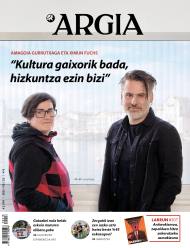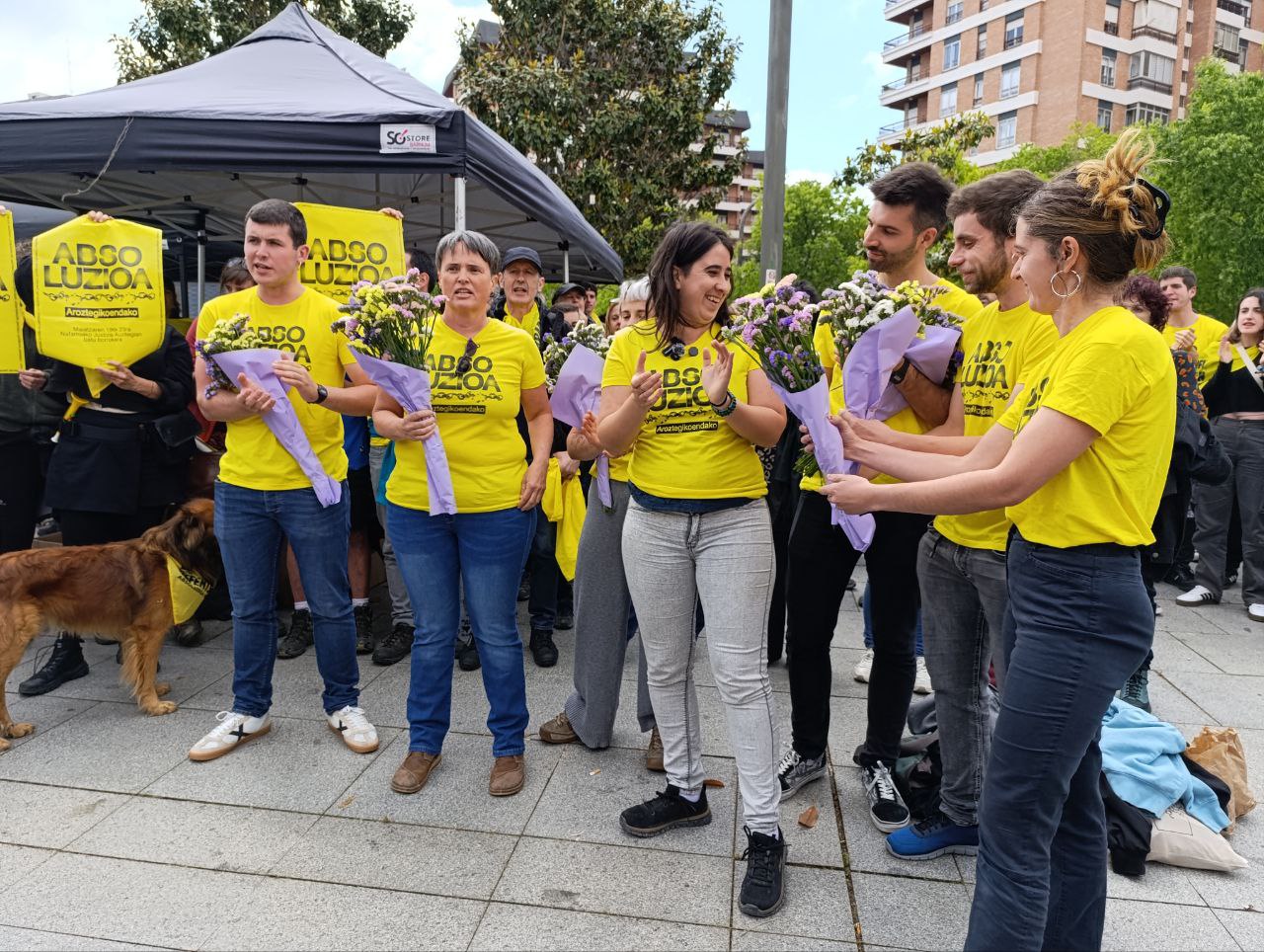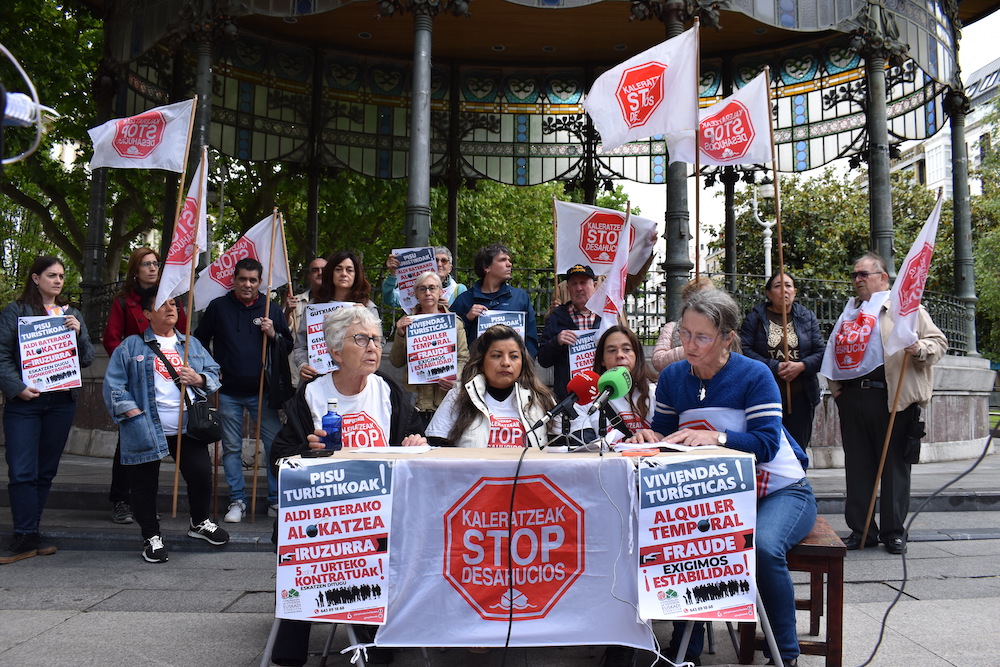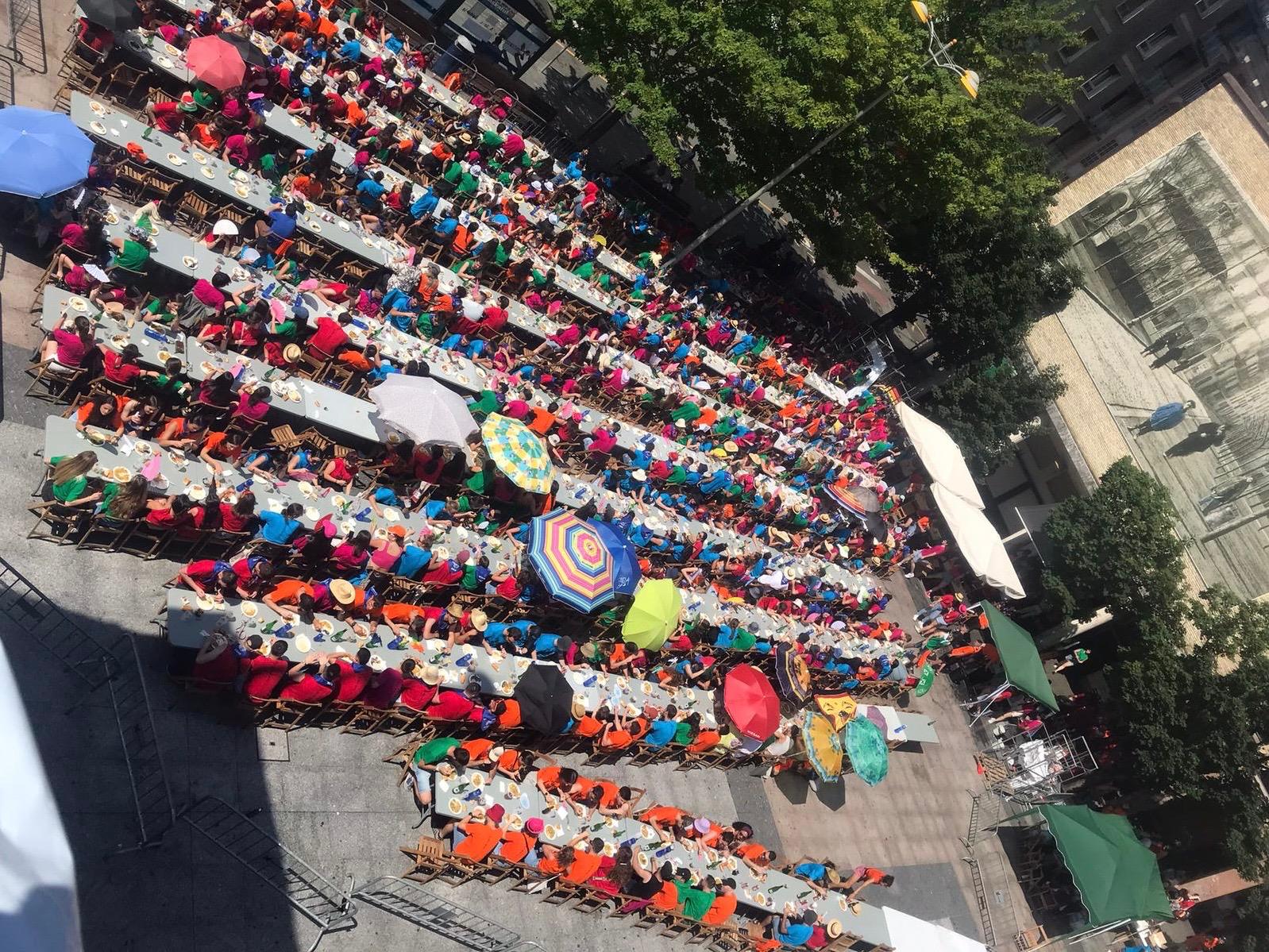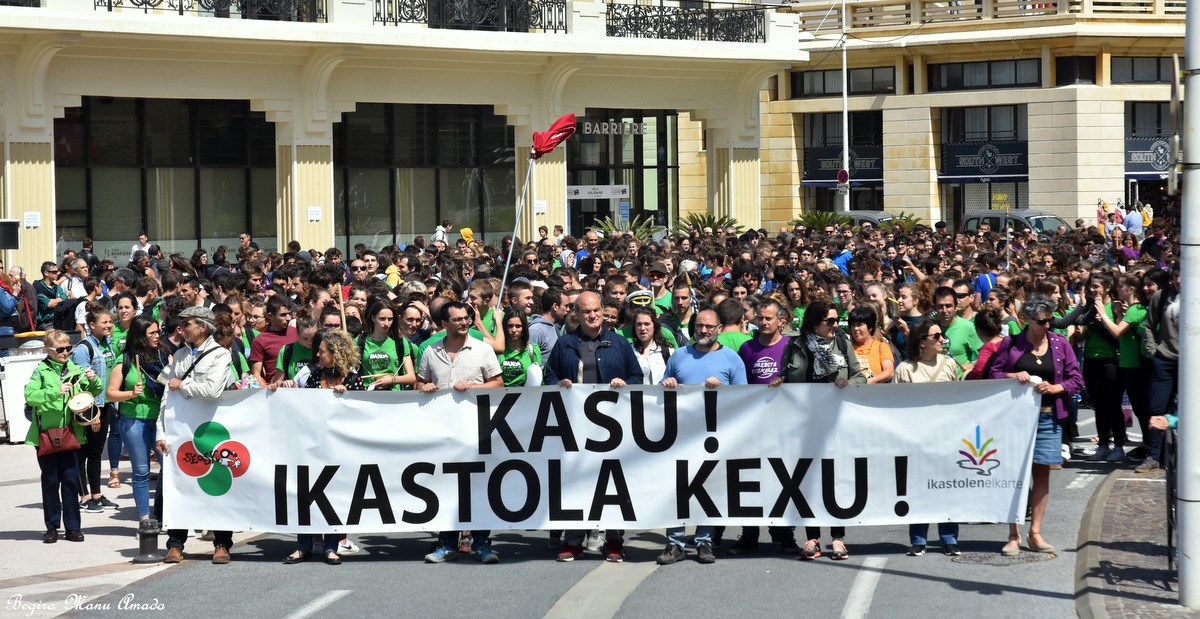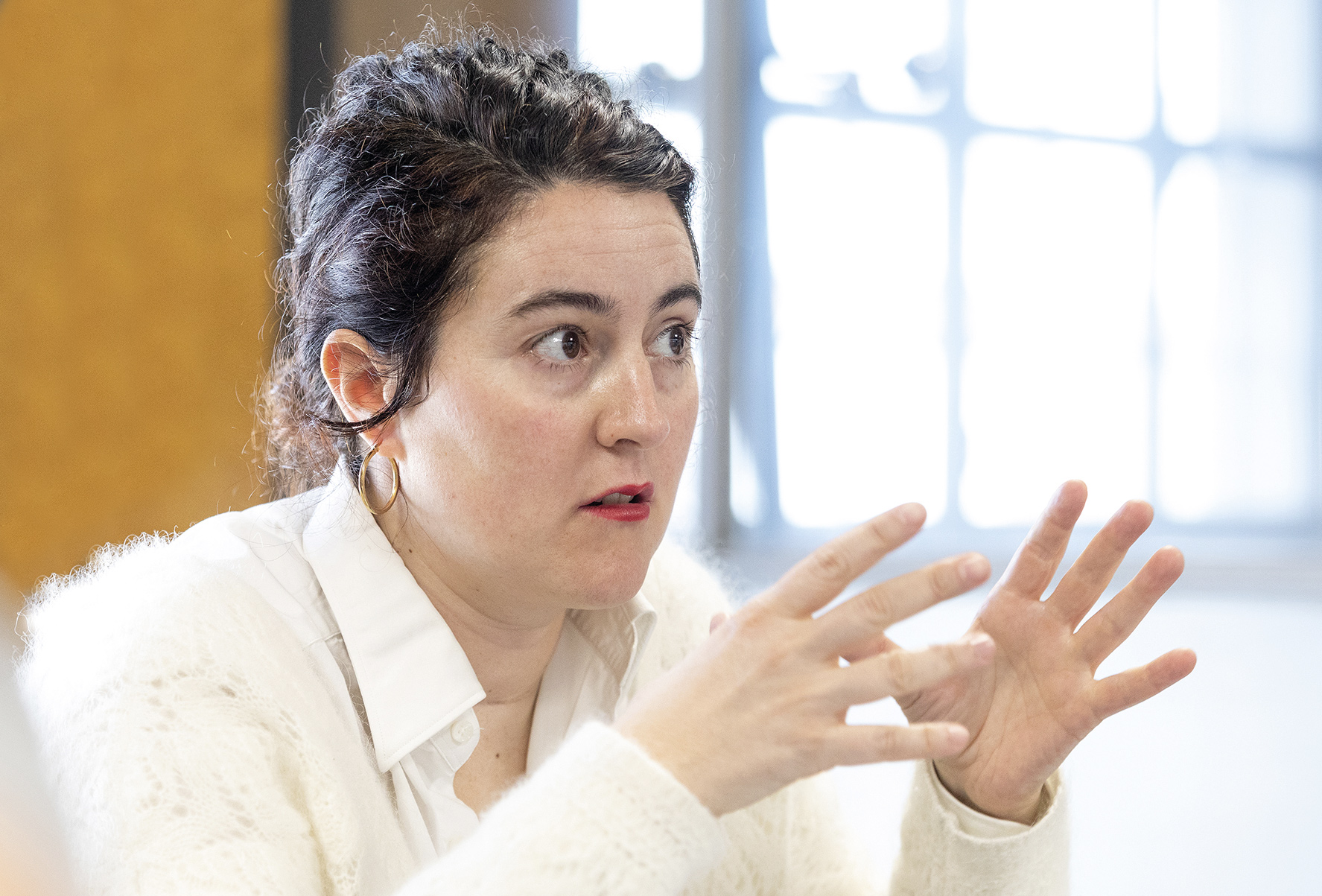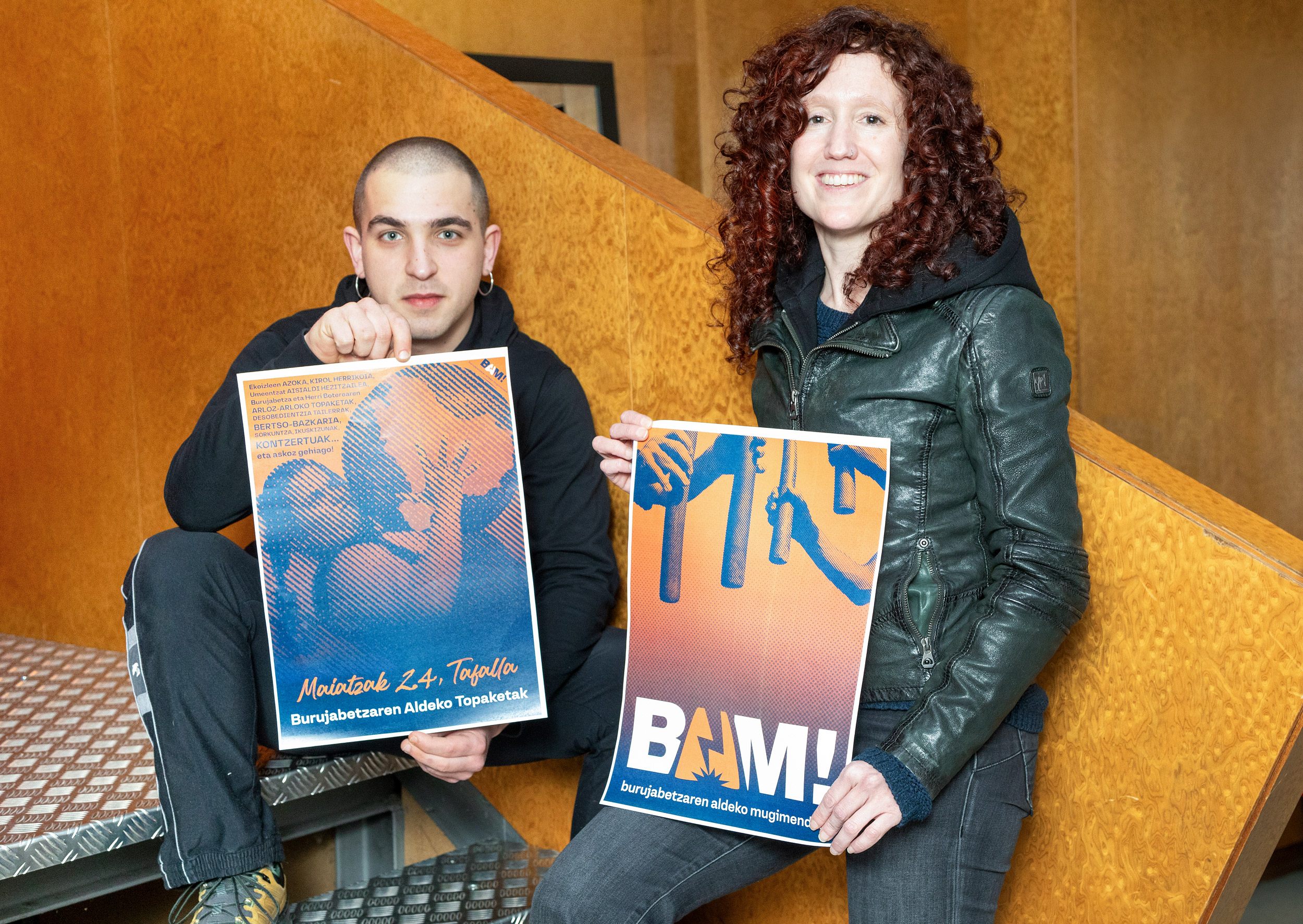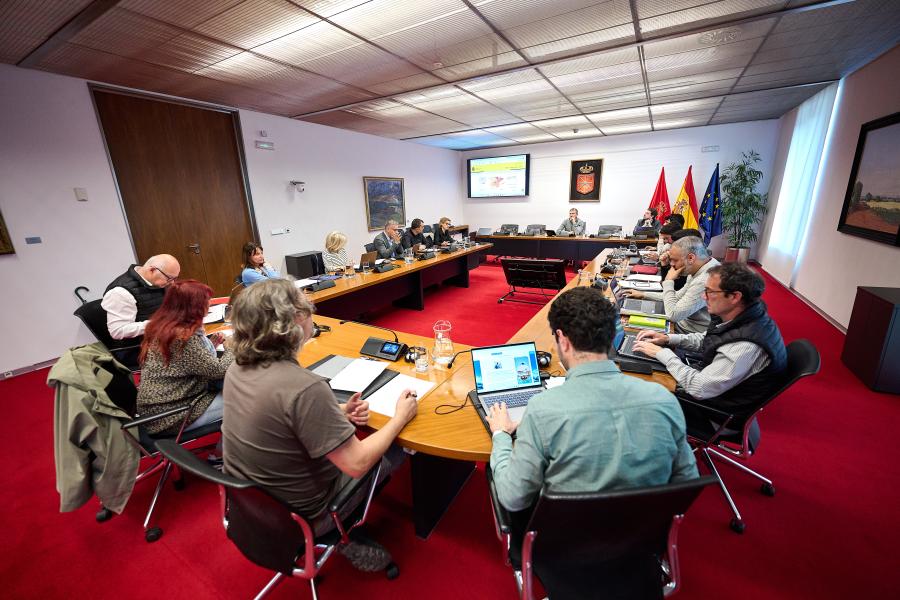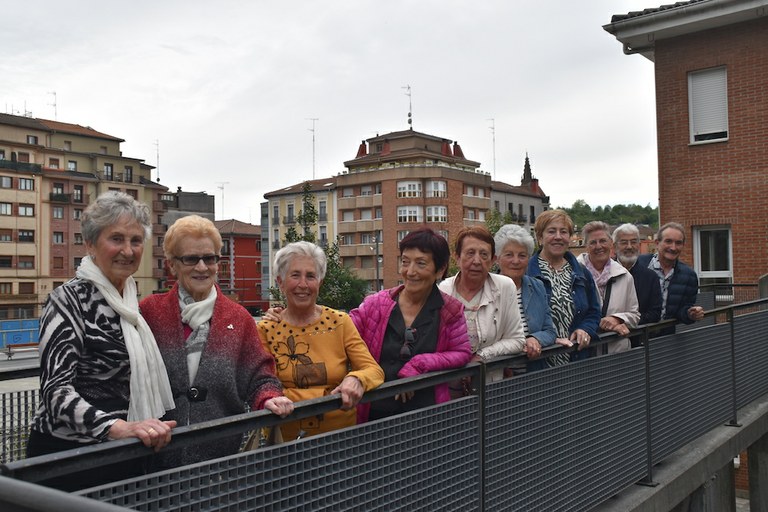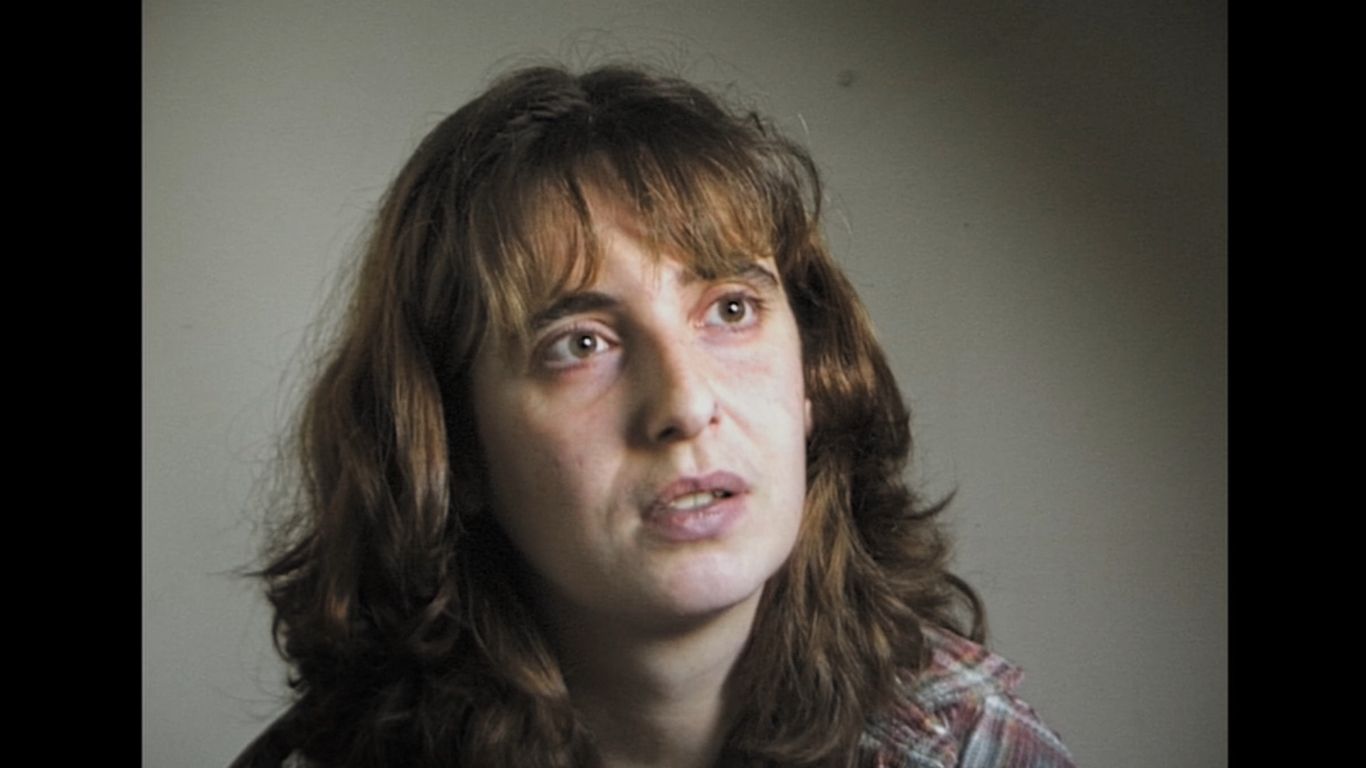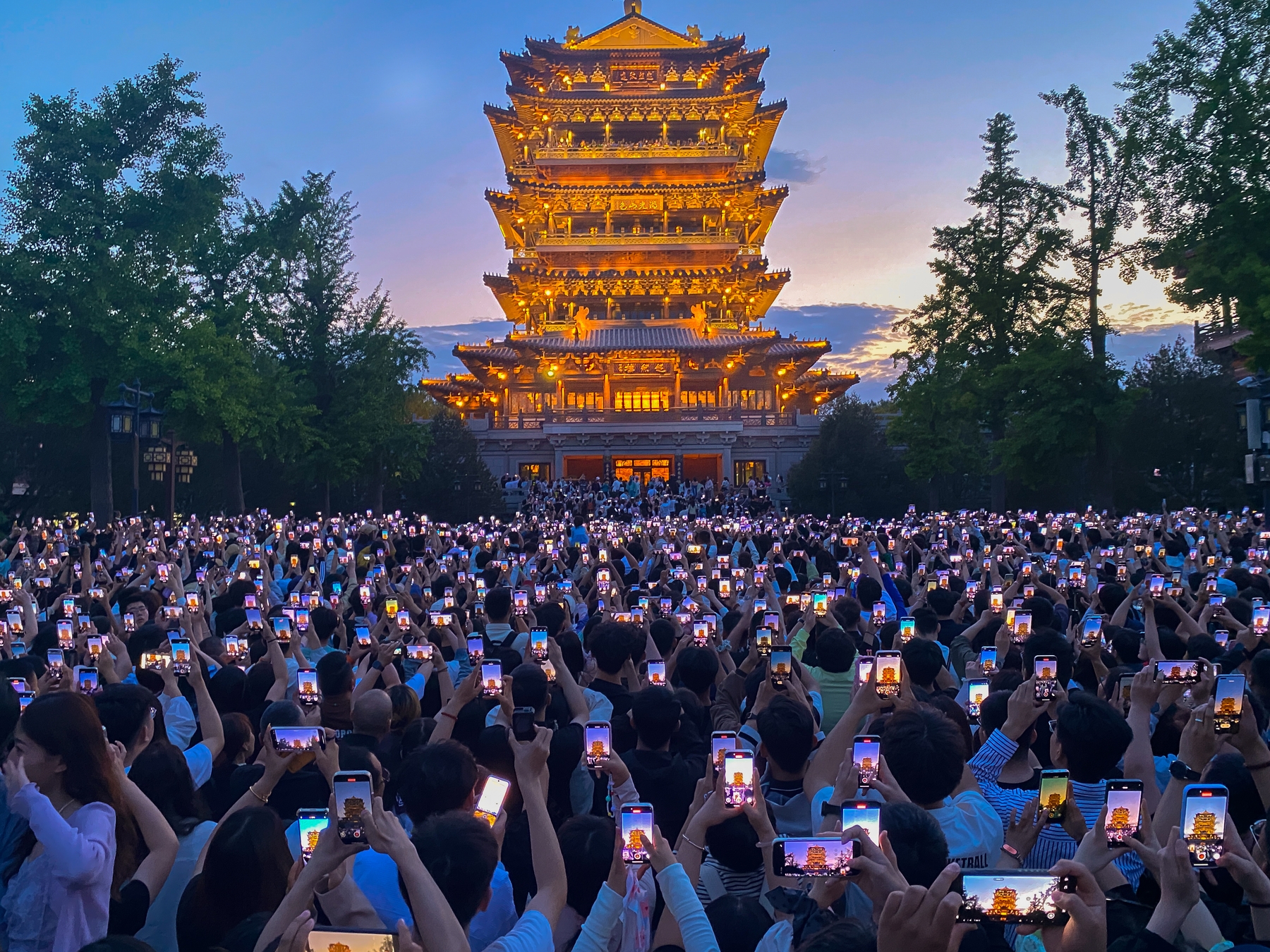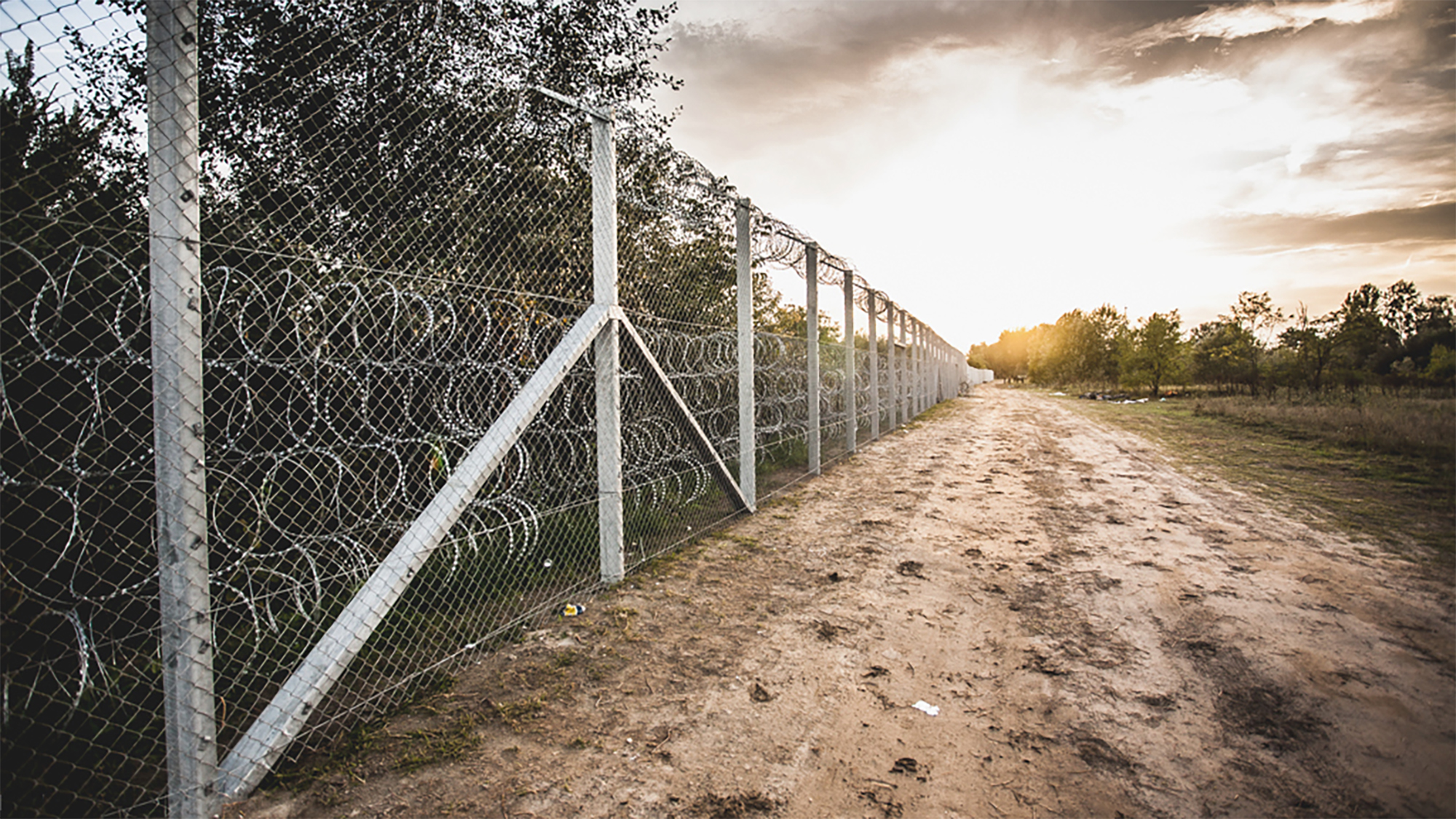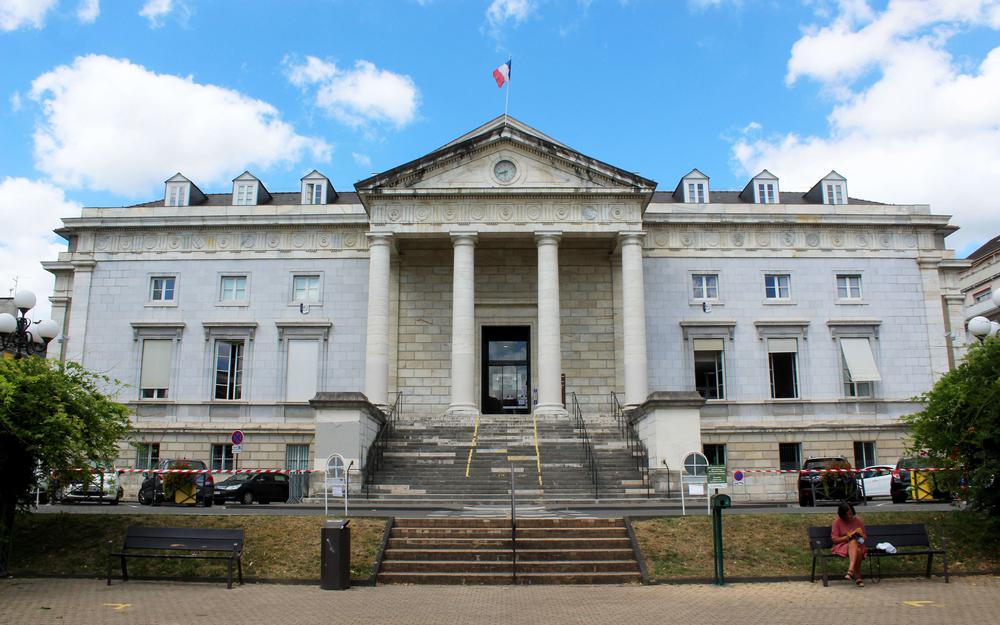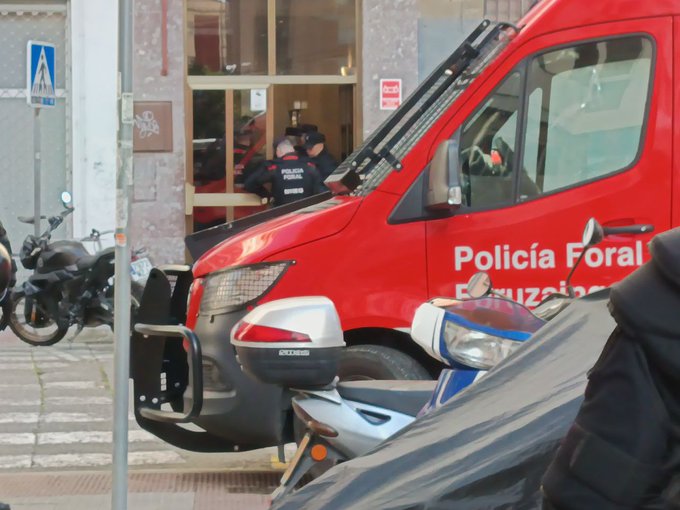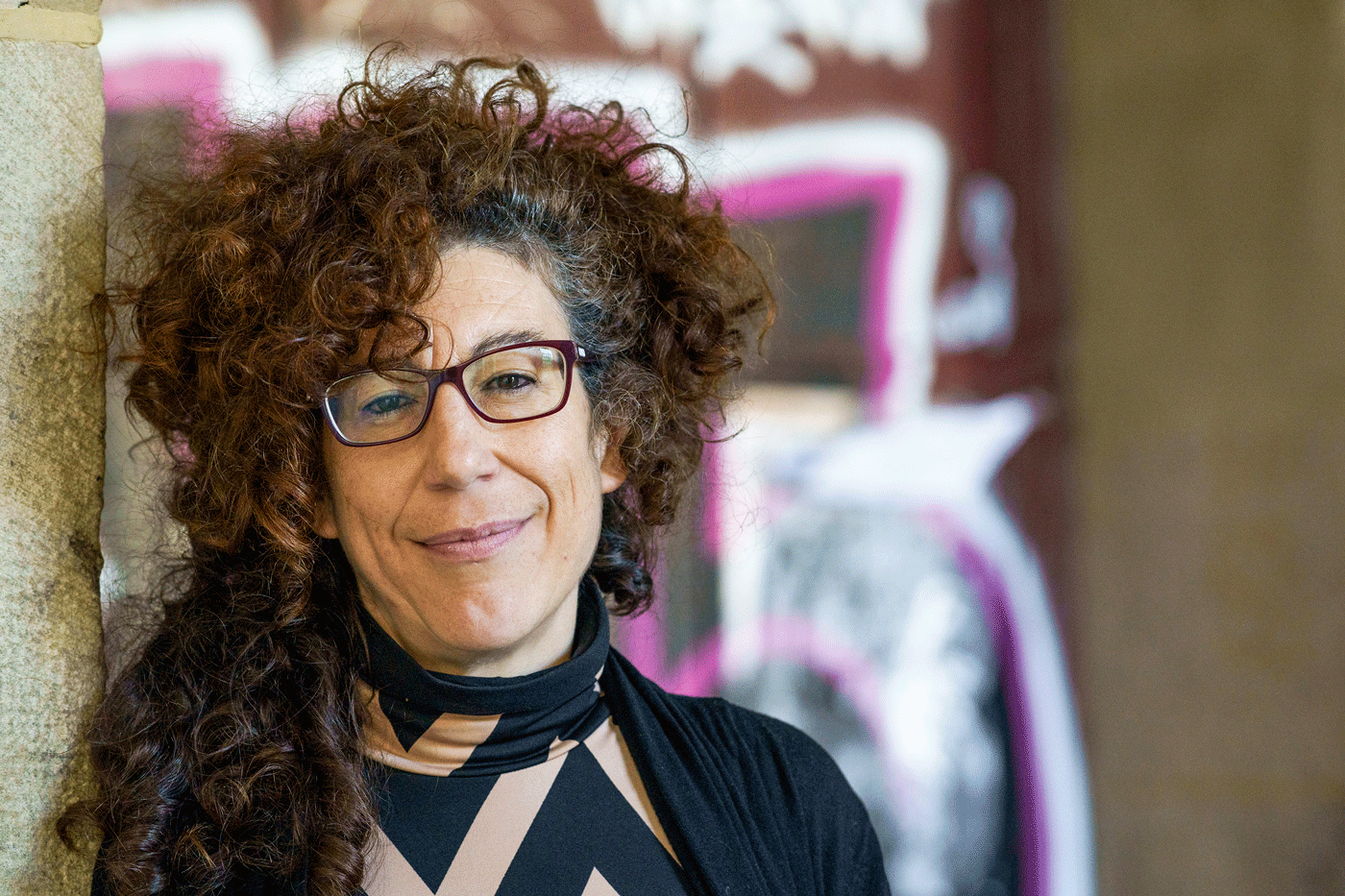Yes, conflicts can be resolved by strengthening the community and not fuelling racism
- At the beginning of the year, Said bought the keys to an abandoned Kutxabank shop for 600 euros, along with two other people, in the Judimendi neighbourhood of Vitoria-Gasteiz. He'd been living on the street for a month. At first they didn’t have any problems, but as new people arrived on the premises there were conflicts and problems of coexistence between them and also with the neighbors of the adjacent portal, including some serious situation. These conflicts have been confronted in a community manner and with mutual empathy by neighbours and social actors in the neighbourhood. The residents of the local Mohamed Said, the residents of the Juncal Ruiz portal, and Mikel Suso, a member of the solidarity network of Mount Batu Judith, tell us about their lives.
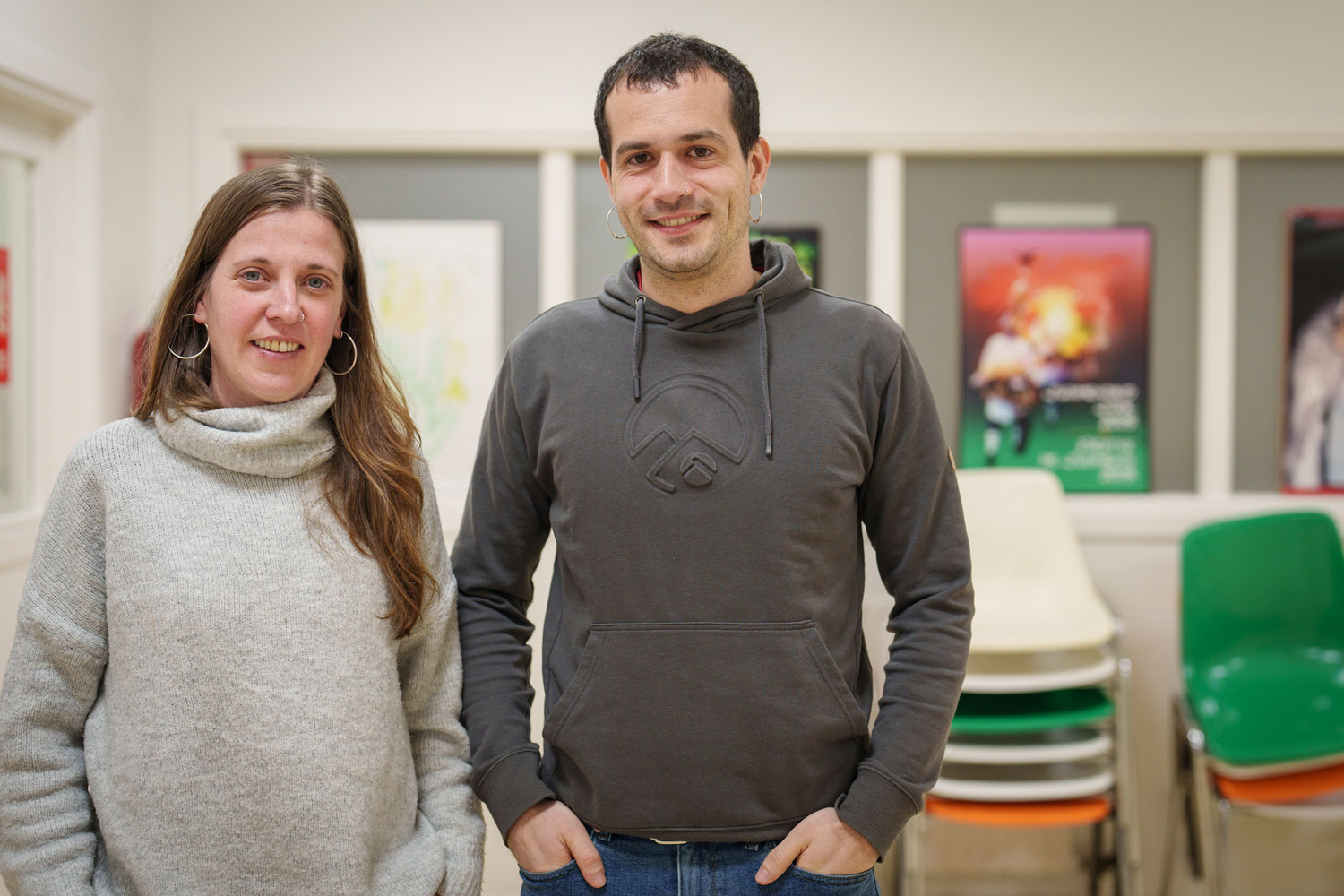
Said first arrived in Vitoria-Gasteiz in 2015 at the age of 21. It is not his real name, he also prefers not to appear in the photos: “It can be a problem to get a job,” he explains.“When I arrived I had hair,” she says in a humorous way, showing the bare areas on her forehead. He came with his family to study and work. “I have three titles: car body repair, plaid assembly and painting.” After a while the whole family returned to Morocco, and after the pandemic he returned alone to the Basque Country. During all these years he has lived in several homes, always rented.
A few months ago Said was left without a roof because the owner of the house where he lived decided to sell it. I was unemployed at the time. The sum of the two situations left him on the red street, in the middle of winter. A month later, together with a friend and a third person, they ‘bought’ a former residence in Kutxabank, on Santiago Avenue in the Judimendi neighborhood. They paid $600 for the key. “My intention was to find a flat and spend little time there. The one who sold it to us told us that he lived there until then, with a bed. We knew it wasn’t legal, but we thought if there was a problem, he’d
show up.” They didn’t have any problems at first, Said recalls. “We had everything very clean, we brought a small fire to cook, we didn’t make noise, the police didn’t come and there were no complaints from the neighbors.” The police first appeared a month later to identify those who lived there for the crime of occupation. “Then some neighbors knew we were there.” Said and his friend are on trial for the occupation.
The neighbor who complained called the neighborhood association for a solution, not the police. The neighborhood association contacted the solidarity network of Batu Judimendi, not the police
More people, more problems
Said's friend invited two people to live on the premises. The noise increased and conflicts broke out between them. “The more people, the bigger the problems,” Said explains. It was at this time that the complaints of the resident of the first floor of the lobby next to the premises began, due to the noise and smells. “The rest of the lobby didn’t have any problems because we didn’t have anything coming, I live on the fourth floor, for example,” says Ruiz, who lives in the lobby.
The neighbor who complained picked up the phone looking for a solution. He called the neighborhood association, not the police. The neighbourhood association, for its part, contacted the solidarity network of Batu Judimendi, not the police. Mikel Suso is a member of this network. By the time he received the call from the neighbourhood association, several people and movements from the neighbourhoods of Vitoria-Gasteiz had begun to come together to think about how to respond to similar situations that are being repeated throughout the city (the Vitoria-Gasteiz Plural initiative, which will be presented in May, is the final fruit of this work).

Knock on the doors
The members of Batu decided that the most sensible thing was to knock on the doors: the door of the neighbor who called the neighborhood association, and the door of the neighbors of the place. “Our point of view is that the person who lives in the neighborhood is the neighbor, regardless of the location, and that the problems of the neighbors are problems of everyone,” explains Suso.
“That first time Maialen and I went to meet you, to ask if you needed help, we went to the next bar to have a coffee,” recalls Suso looking at Said; “That’s how things should be, for that, the young people [who lived in the place] have to respect the neighbors,” adds Said; “We all have to be respectful of each other,” adds Ruiz. The purpose of the visit was also to mediate: “We told you that the upstairs neighbor complained.” They talked about the noise and the schedules, to avoid the smells of food and smoke in both the space of the place where they thought not to cook or burn...
From the neighborhood network, three types of support were offered to the local residents. On the one hand, the material, especially when they were left without light: clothes, blankets and others were obtained at the request of the WhatsApp group of the neighborhood. Secondly, they were assisted in social services. “They have given little help,” says Suso of the organizations, “we try to help the neighbors, but their responsibility is to provide solutions and they are not doing it.” Third, they have tried to accommodate Said and his friends in other more informal ways and spaces: occasionally having a coffee or talking on the phone, inviting them to play a football match... “It’s good to have contact with local people, to know them, to know how they think and live,” says Said.
“In any case, we put on the same level the work of accompaniment and mediation that we did with those who lived in the place and with the neighbor on the first floor,” Suso emphasizes. “Here, the most important thing is to validate what it transmits to you, listen to it and try to understand it, because everyone experiences any situation in his or her own way. So that we can transmit this later, and try to get closer to the postures,” he explains. There have been moments of greater and lesser intensity in this accompaniment, “but not serious”. The three interlocutors say that the mere fact of putting one’s face to the other is of great value.
The mediation initially paid off, the noises and smells were reduced, and the neighbor who complained no longer complained about it. But new people continued to arrive on the premises, reaching up to ten, who were in different ages, aspirations and situations. Only two out of ten had a disability income: “One because he was blind, the other because of an operation on his head,” says Said. There were also three undocumented youths who “didn’t even have passports.” “One wants to sleep, another wants to listen to music, one wants to rest, another wants to party, if you talk to one, you have nine more,” Said
summarizes the situation. “We are four in the house, we live together because we want to, and yet we have conflicts, imagine if I get involved with ten strangers,” Ruiz reflects.
In this context, Kutxabank cut off the light and water from the premises, and the local residents introduced a generator to obtain electricity and heat.
“It was the feeling, the kick, we’re not sure, the fear” (Juncal Ruiz, neighbor)
Even in a situation of danger, with empathy
On the night of February 14, a neighbor in the lobby noticed the strange smell and noise of the generator coming home from work. Alarmed, he called the firefighters. Carbon monoxide was what the neighbor smelled and was accumulating in the building, mainly in the local but also in the houses above. “If I didn’t call them, there would be dead people that night, especially among the residents of the lower floors,” says Ruiz. She lives on the fourth floor and went to bed early that night with a severe headache, “I think it was due to the monoxide.” The firefighters were about to evict the neighbors, but in the end it was enough to open and ventilate all the windows of the building.
What until then was a problem of coexistence between the residents of the premises and the first floor took on a new dimension: on the one hand, the problem became that of all the people in the lobby and, on the other hand, that of security. “It was the feeling, the kick, we’re not sure, the fear,” Ruiz sums up. These feelings increased over the next few days. His son warned Ruiz about the smell of gasoline coming out of the place, and he called 112. “It was nothing, it was a minor spill or they would have it,” says Ruiz, but once again the firefighters and the police attended. Soon after, they tried to pour electricity from the place and left the entire portal without electricity.
It was in this emotional context of fear and anger that the sixteen neighbors held the preliminary meeting, summoned by Ruiz himself. “Saying hate speech is just as much, but you hear things you don’t like in a situation like this, there are many of us and everyone has their own opinion.” In any case, they managed to reach a common point of view: “These people are not here because they want to, not even for the purpose of ruining us. The one who has ruined us is the owner of the place, when he has unilaterally cut the light. Yes, there is a problem, but the problem has not arisen because there are people living below, but because of the measures they have taken against them,” Ruiz sums up. They agreed to act on this point of view. “There were neighbors who defended other positions, but they agreed to step aside a little and not get in the way.”
The neighbors, on the one hand, asked to speak in the Committee of Social Policies, Youth, Equality and Coexistence of the City of Vitoria-Gasteiz. On 24 March, solutions were requested from the municipal government and other political groups: for the residents of the portal, for the residents of the premises, and for all residents of Vitoria who find themselves in a similar situation. Ruiz recalled that they had heard words of appreciation and gratitude in the Commission itself, but had not received a response to their requests afterwards. On the other hand, they joined the working group that had already been created among several agents of the neighborhood – Batu, Youth Assembly, neighborhood association... – to continue the community path until then.
“If you want to ask me what I am doing here on the premises, what state I am
in, I will explain it to you” (Mohamed Said, neighbor)
Immediate conflicts, mirrors and opportunities
Problems or situations put us in front of the mirror when they affect us personally, and the glass often returns an unexpected image, sometimes for the better, sometimes for the worse. “That’s what I’ve lived for. To be surprised, for the worse, by what you hear from the mouths of some people, when in theory it seems to have other values. And the other way around. Listening to older people who don’t make political speeches and who can experience a situation like this with more fear, for example, ‘well, see if these young people get help...’”
In this sense, Suso praises the response of the preliminary community: “The situation is very emotional: there are problems, damages, fear... You have to give courage to give that answer in that situation, because the easiest thing was to fight against the locals.” Ruiz is thoughtful for a few seconds before following the thread: “At that moment it is important to reflect: where am I? And yes, I stick to what I thought, what I thought before they were around.”
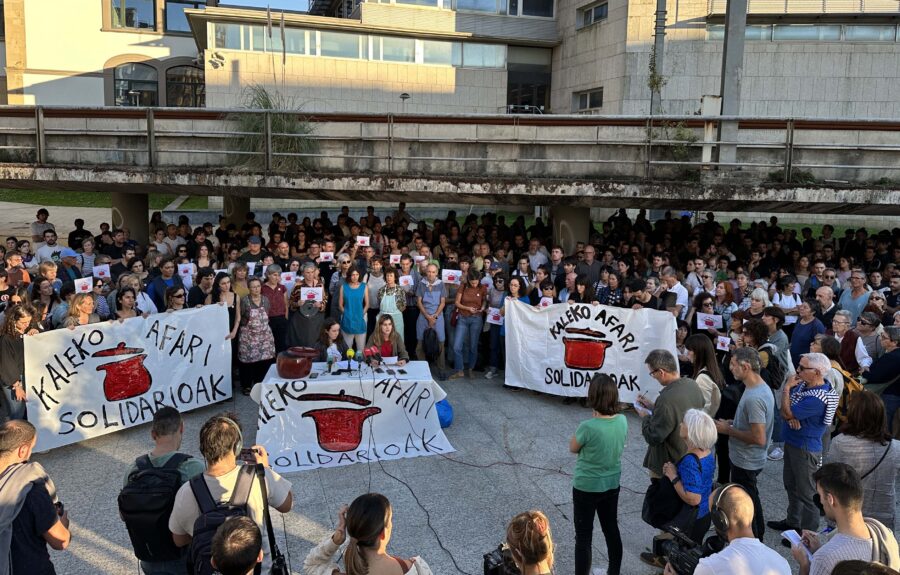
Ruiz says that what he has experienced over the past few months has given him “an opportunity to reflect.” “Not only with myself, but also with my son.” His son was “absolutely horrified” when he found out that the place next to the porch was occupied and he didn’t want to go out and play, fearing what could happen to him. Ruiz addressed these fears and the assumptions that were at the base with him. “It’s served to talk about some things we wouldn’t have talked about otherwise. And to think about where we want to go: there is a problem of whales, but we want to address it calmly and constructively.”
A generalized problem
It’s been weeks since then, months since Said and his friend bought the key to Kutxabank’s former residence. There are currently no problems of coexistence or security among the residents of Avenida de Santiago. At the moment of the conversation, only one person lives in the place. Said got a room for rent, the two friends who entered with him live in Belgium and Barcelona. Said does not know about the others, but it is very likely that he is living on the street or in any other place where he has no living conditions, in Vitoria-Gasteiz or in Laudio, Algorta, San Sebastián, Trincherp, Pamplona, Bayonne...
In all these towns and cities, and more often than not, similar realities are experienced by several neighbours, and conflicts have often arisen between them. Attitudes towards people living on the street or in abandoned premises are becoming more and more common: Demand more and more aggressive police, demand their expulsion from the neighborhood or the town, racist exhortations, even physical attacks. These messages, attitudes and conflicts are being widely echoed by different media, led by the Vocento group.
At the same time, citizens and associations have also organized themselves to respond to conflicts in a different way. But they often warn that the difficulties are great, that the populace has a clear lack of tools, while racism and the messages of the extreme right are gaining strength on the left and on the right. The problem has multiplied in recent years due to poverty, racism and exclusion at its root, and given the evolution of both the Basque Country and the world, it is conceivable that it will continue to grow. "What lessons can we draw from the experience of the Judimendi neighbourhood? “We asked the interlocutors.
The new agent: Location of Vitoria-Gasteiz
“We are welcoming networks, members of the feminist movement, neighborhood associations, care networks, agents working on housing issues, denouncing migrant policies, anti-fascists, anti-racists, advocating the right to census for all people, loving and living our communities and neighborhoods.” This is how Vitoria-Gasteiz Plural presented itself at the press conference that took place on March 24. The main purpose of the apparition was precisely to give the main details of the community process that we have come to know in depth in this report.
“Exclusionary speeches towards people in vulnerable situations have become commonplace around us,” they warned, and expressed their intention to develop alternatives to “a model that requires more police intervention only in the face of serious situations and ignores violations of rights.”
They stressed the need to address the problems that are being repeated in different neighborhoods of Vitoria-Gasteiz “from a neighborhood solidarity and an integrative perspective, where the neighbors worry about the neighbors next to us, without criminalizing them and addressing the needs and problems of coexistence that we have. We seek the involvement of the neighbors in solving the problems
of the neighbors.” An official launch of the initiative will take place on 31 May, presenting the tools and concrete initiatives they have agreed to take steps towards these goals.
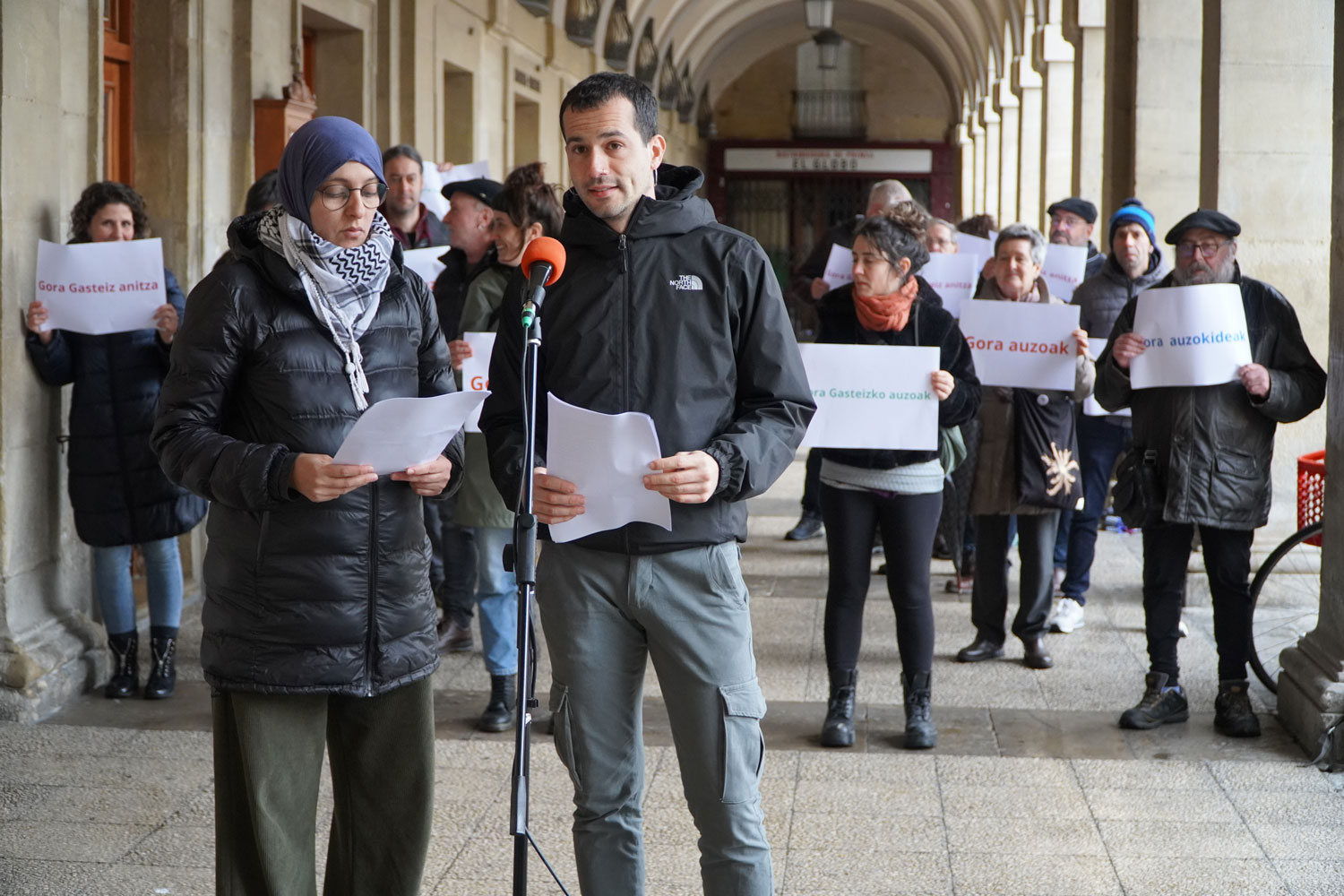
Try it, there's a chance
There are opportunities to address these conflicts in a communitarian and constructive way, that’s the first lesson, says Suso. “Normally not as neighbors, we see those excluded as problems, we think of the police as a solution... That’s what comes to us in the first blow, because that’s what we know.” He says the role of neighbors in reversing these approaches and practices is “crucial.” Neighbors in the plural, the net. Even before Judimendin there were actors, as well as both formal and informal networks, which have made it possible for the response to be community-based.
You have to try, that's the second lesson. It's easy to say, not so much to do. Ignorance, lack of tools, fear, comfort, feeling overwhelmed, uncertainty, racism... many factors can come into play. Knocking at the door of the place itself was not easy for the members of the Batu network: they feared how they would be received and what they would find and, on the other hand, they did not want to violate the privacy of those who lived there. There has been no direct contact between the portal and local neighbours in the process described. “I have been tempted to knock on the door several times, but here, whether you want it or not, prejudices, stereotypes come into play: what are you going to find? What do you know? What if they beat you up? And I didn't knock on the door. Did I regret it? Yes,” Ruiz reflects. So, what about Said? Did he, too, feel afraid to hear the door knocked, fearing that he would be a police officer or an aggressive citizen? : “No, you see the purpose for which a person comes, if you want to ask me what I do here, what state I am in, I will explain it to you.”
“First, those who live in abandoned places are also neighbors; second, the problems belong to everyone” (Mikel Suso, Red Batu)
We are talking about a reality that is multiplying, but the nature and intensity of the conflicts, the strength of the social actors, the attitudes of both neighbors... differ in each case and in each place. Can the Judimendi experience be useful for any context? In essence, the interlocutors believe that they do.
Said asks not to lose sight of the “base”: “Why are we here? Because we want to work, we want to improve our lives, not to ruin or hurt anyone. No one wants to live like that. I want to live in a chalet, have money, like everyone else.” He stressed the importance of being respectful of the neighbours.
Like Judimendin in any other place, “empathy” is the key, according to Ruiz, “on the part of everyone.” He emphasizes the importance of the figure of the mediator, which “will make some understand what the neighbor feels and what he needs”.
Suso has added two more keys: “First, those who live in abandoned places are also neighbors; second, the problems belong to everyone.” Solutions are also common, he adds: if the situations of the people living in the premises were resolved, there would be no conflict between them and the rest of the neighbors.
Ruiz and Said agree with Suso’s last words: “We haven’t come up with a solution, those who have come up with a solution have come up with it on their own, but we have all contributed in a good direction.”
Historically, a court of the Spanish Monarchy passed the following resolution: "The officers in charge of the custody of Iratxe Sorzabal applied electrodes to force him to testify, which constitutes a flagrant violation of his fundamental human rights." In other words, after the... [+]
Like all Mariokers, I was thirsty for references in my adolescence, in the process of admitting that I was bisexual, and I found some rare ones: Skin, singer of Skunk Anansie (among them I didn’t know she was bisexual, but the radar worked for me), Beatriz and the celestial... [+]









